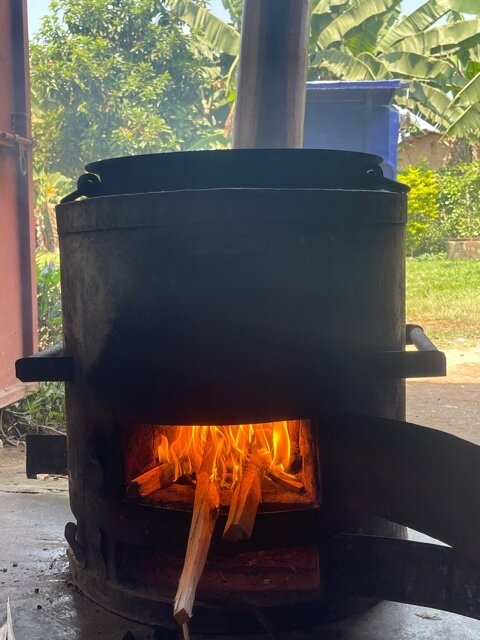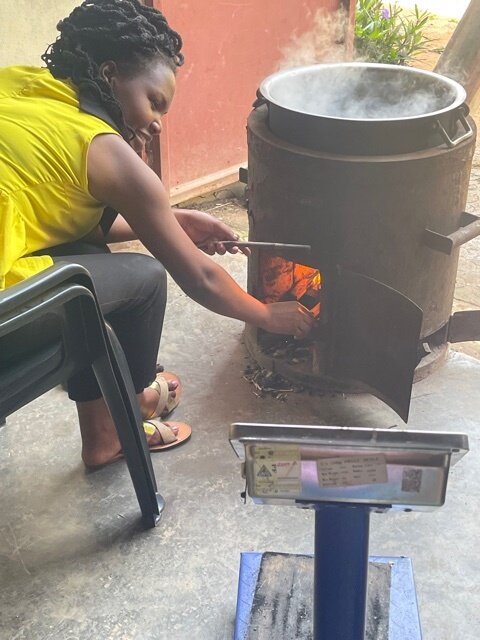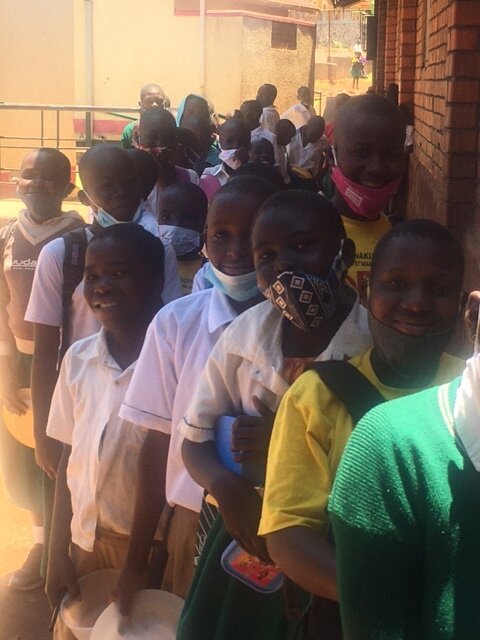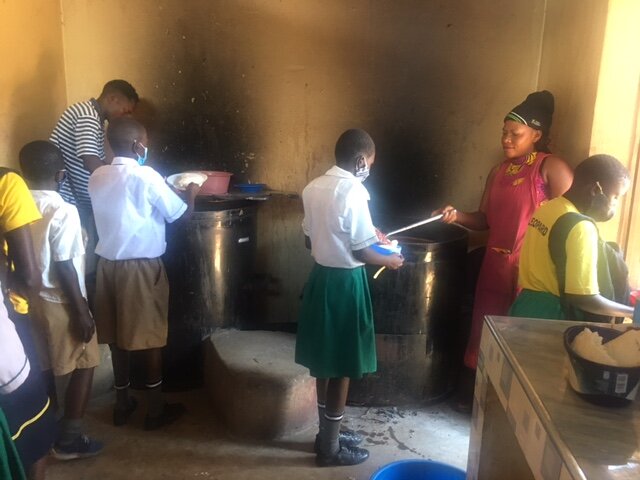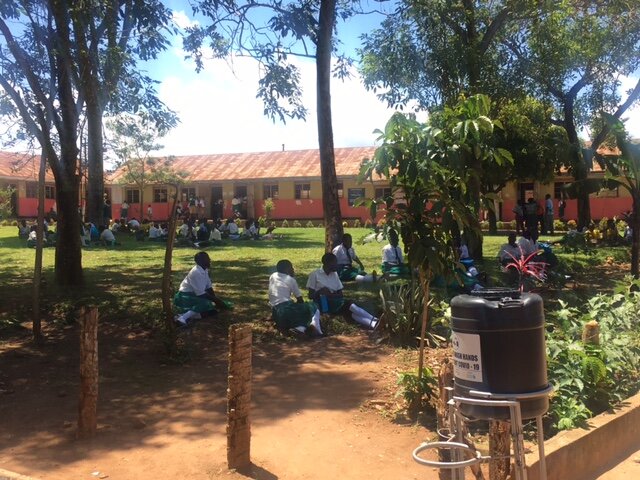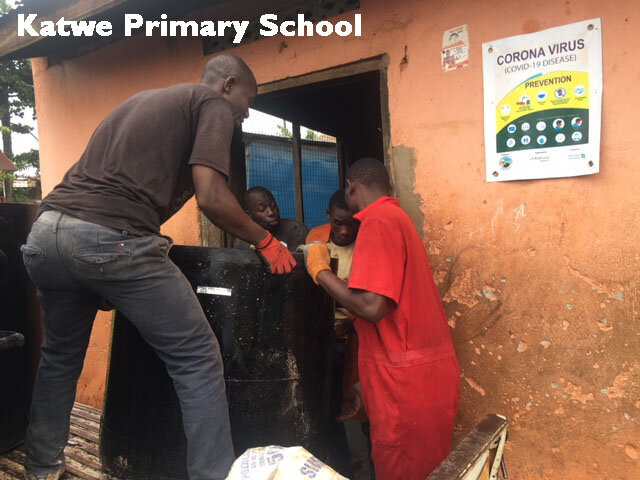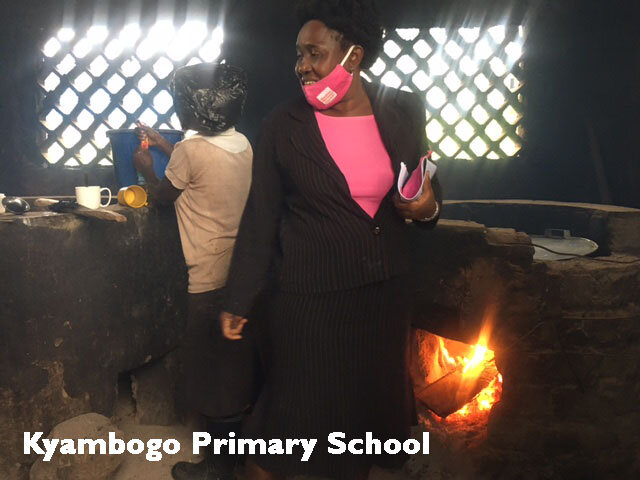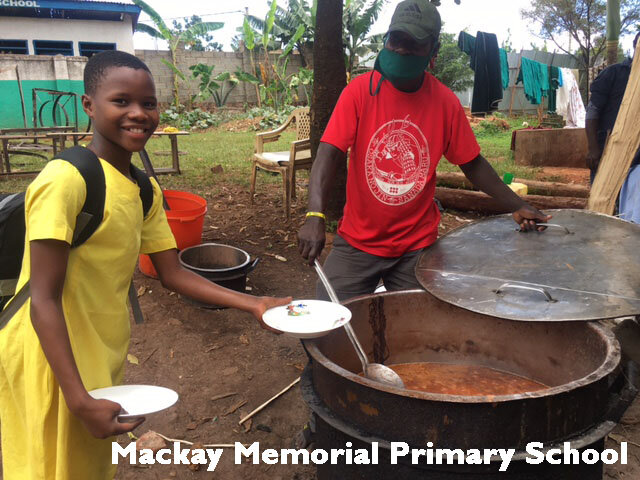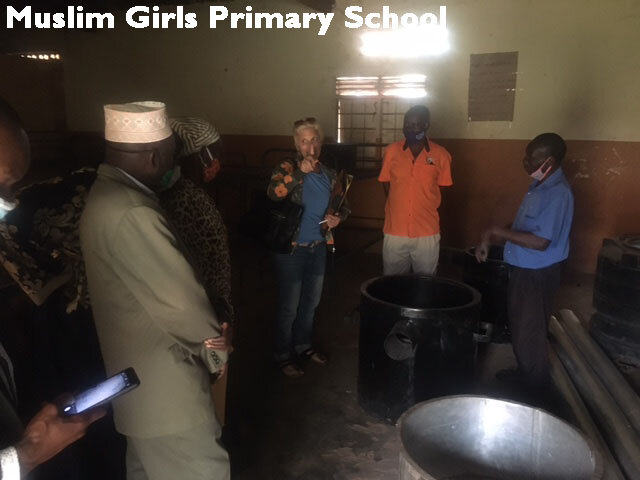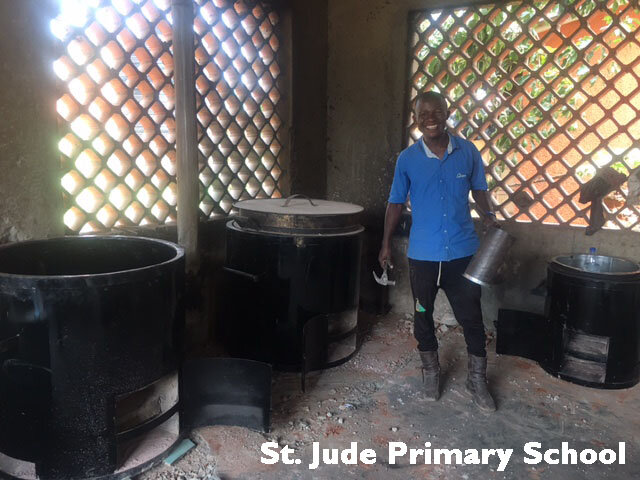What is the price of climate damage? Nobody knows yet….What is the social price of carbon? Measuring the harm that is done to societies now and in the future by a ton of emission of carbon dioxide not released into the atmosphere is still difficult to predict.
Nevertheless, there is a clear accountability when it comes to measuring the environmental, economic and social impact the sale of that carbon credit can have in those communities where Simoshi’s Project Activity is being implemented. In other words, where that reduction of carbon dioxide happened from moving schools from using traditional 3-stone fires to using energy efficient cook stoves for preparing the school daily meals.
It is imperative that carbon credits reflect additional, verified, long-lived reductions of carbon dioxide equivalent with a high degree of certainty. Unfortunately the market has seen very many carbon credits that generated from projects that are (i) not additional (they would not have happened without carbon finance), (ii) generate leakage that affect regional or global market equilibrium, and (iii) overstated benefits that are poorly monitored or not monitored at all.
Offset credits are highly differentiated products in terms of the benefits they provide and the certainty of those benefits. Even with issued certifying labels in place, many carbon credits are still currently being traded with little integrity and transparency. Given the wide range of offset quality today, buyers concerned about quality have no choice but to identify high-quality offsets by themselves.
So what is the solution? Transparency is key and therefore the monitoring of indicators, calculations and benefits should be clearly publicly disclosed by both the project developers and certifying bodies. The same applies to those companies and/or individuals offsetting their carbon footprint. Is it fair to say that company x made an offset of an amount of carbon dioxide having paid cents of a US dollar when the benefits from such reduction where overstated or most probably non-existent? Best practice for corporate disclosure should be adopted including the required disclosure of the specific projects from which carbon offsets are purchased.
As we thrive in a wold that is currently coming to terms with the devastating future effects of climate change, help us by raising awareness of why governments, donors, the private sector and the public in general need to come to terms that putting a social price on carbon is now more important than ever.













